Britain & Ireland
The Tudors continue to fascinate and some of their story is told here along with the other dynasty of the period the Stuarts. Alongside those resources are the podcasts on the ideas that transformed British society during that period and created a United Kingdom for the first time. The industrial revolution is explored through poetry as well as technology. Religious collapse, change and diversity are all themes explored in this section. Read more
Sort by:
Date (Newest first) | Title A-Z
Show:
All |
Articles |
Podcasts |
Multipage Articles
-

Joseph Banks and his travelling plants, 1787-1810
ArticleClick to view -
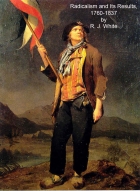
Radicalism and its Results, 1760-1837
ArticleClick to view -

Britain: the regional battlefields that helped to create a nation
ArticleClick to view -
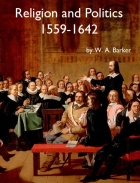
Religion and Politics 1559-1642
ArticleClick to view -

Bristol and the Slave Trade
ArticleClick to view -
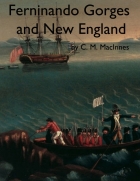
Ferninando Gorges and New England
ArticleClick to view -
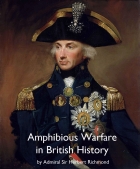
Amphibious Warfare in British History
ArticleClick to view -
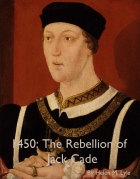
1450: The Rebellion of Jack Cade
ArticleClick to view -
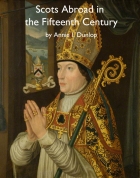
Scots Abroad in the Fifteenth Century
ArticleClick to view -
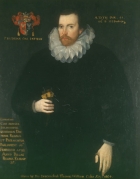
Reinventing the Charter: from Sir Edward Coke to 'freeborn John'
ArticleClick to view -
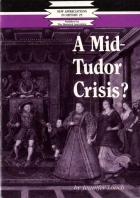
A Mid-Tudor Crisis?
ArticleClick to view -

Daniel Defoe, public opinion and the Anglo-Scottish Union
ArticleClick to view -
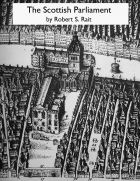
The Scottish Parliament by Robert S. Rait
ArticleClick to view -
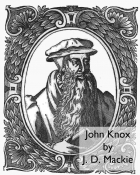
John Knox
ArticleClick to view -
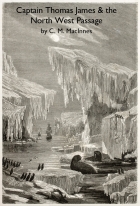
Captain Thomas and the North West Passage
ArticleClick to view -
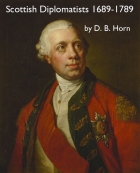
Scottish Diplomatists 1689-1789
ArticleClick to view -
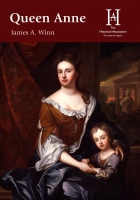
Queen Anne
ArticleClick to view -
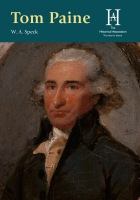
Thomas Paine
ArticleClick to view -
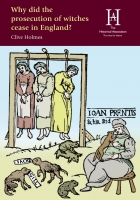
Why did the prosecution of witches cease in England?
ArticleClick to view -
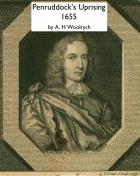
Penruddock's Rising 1655
ArticleClick to view

